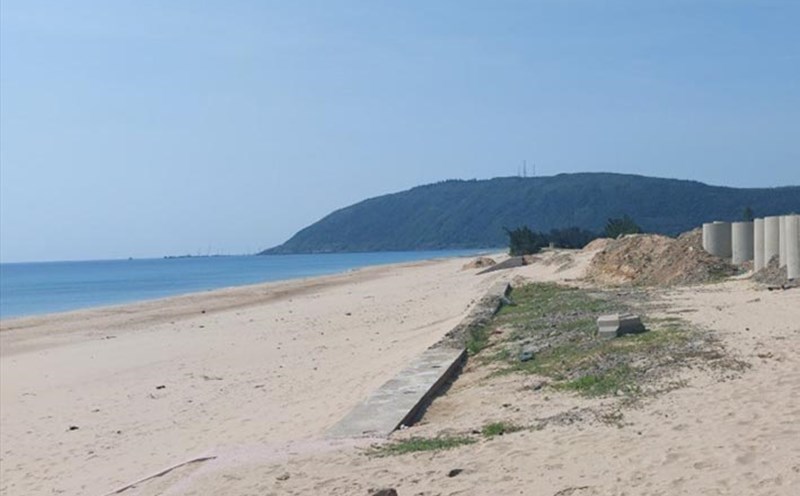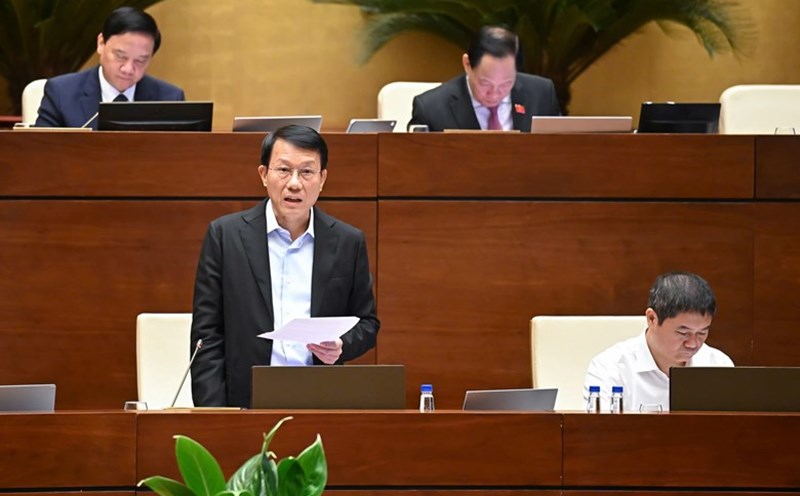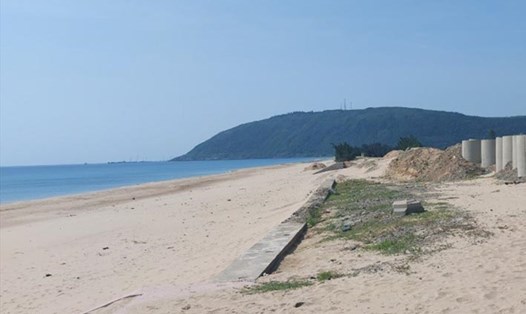The patient was Mr. T.T (born in 1973, Quang Nam province), fisherman on fishing boat QNg-90xxx. While fishing at sea, he showed symptoms of epigastric pain and took painkillers on himself. However, on June 24, the pain became severe, spreading throughout the abdomen, accompanied by nausea, diarrhea - congestion.
At Tien Nu Island Infirmary, Truong Sa archipelago, Khanh Hoa Province, Vietnam. Mr. T was diagnosed with syndrome of infection, severe poisoning: dry lips, dirty tongue, bad breath, fever, tight abdomen. Through a remote consultation (Telemedicine) with Military Hospital 175, doctors determined that he had peritoneal inflammation suspected to be caused by a perforation of the stomach and duodenum ulcer. At the same time, the patient had a history of complex medical conditions: cirrhosis, viral hepatitis B, heart valve failure, lipid metabolism disorder, hemorrhoids, pancreatic and kidney follicles.
Faced with the critical situation, in accordance with the order of the Ministry of National Defense, the flight crew led by Lieutenant Colonel Nguyen Minh Tien - Deputy Director of the Training Center of the 18th Corps, in coordination with the air emergency team of Military Hospital 175 led by Captain, Doctor Nguyen Van Nghia, took off from Tan Son Nhat airport.
At 11pm the same day, the medical team approached Tien Nu Island and assessed the condition of a suspected infection of an empty organ. The patient was treated for on-site emergency care including gasTPups, urine tubes, broad-spectrum antibiotics and respiratory stabilization before being transferred to the plane.
"T transporting patients with puncture by road does not always pose a risk of increased abdominal gas overflow, affecting respiration. Therefore, the medical team must monitor very closely and closely coordinate with the flight crew to ensure the safety of patients throughout the journey," said Dr. Nguyen Van Nghia.
The flight was prolonged in harsh weather conditions, requiring further fuel landing, but was safe. The patient was immediately transferred to the Emergency Department of Military Hospital 175 for specific tests and consultations.
By 9:30 a.m. on June 26, the emergency surgery was successfully performed, contributing to the patient's life. This is a testament to the effectiveness of the road emergency model without remote medicine, as well as the smooth coordination between military and air forces in the task of protecting the health of people and fishermen on remote islands.











